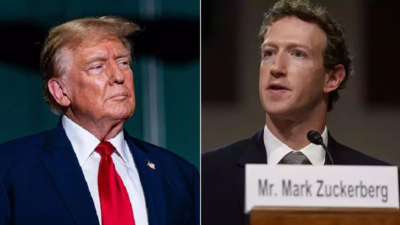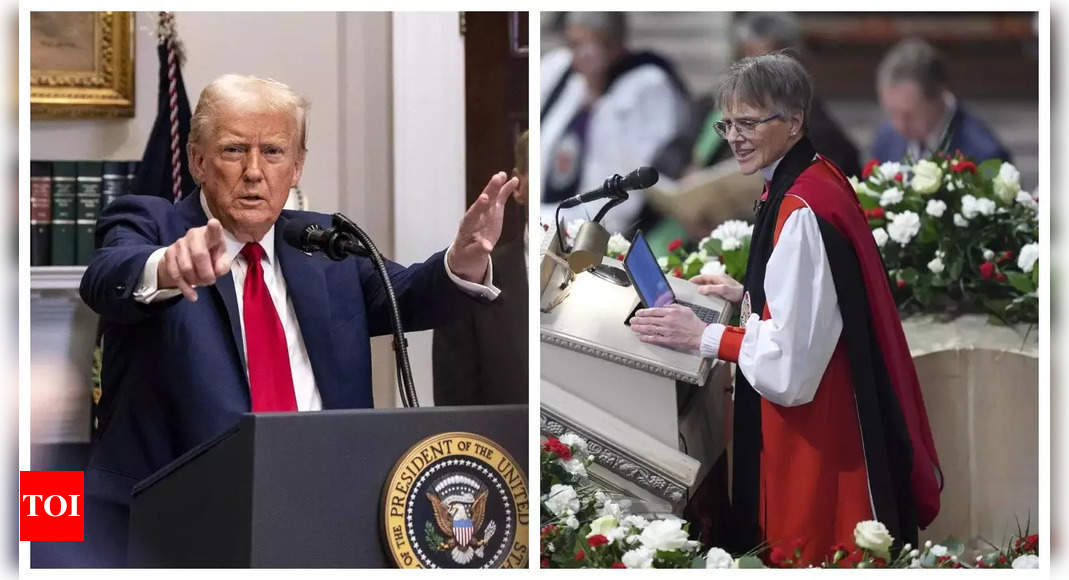Meta, the parent company of Facebook, Instagram, and Threads, has announced it will end its third-party fact-checking program in the US. The decision comes alongside broader changes that appear designed to align the company more closely with President-elect Donald Trump and his administration. Instead of fact-checking, Meta will adopt a “community notes” model similar to Elon Musk‘s X (formerly Twitter), which relies on crowdsourced content moderation.
Meta CEO Mark Zuckerberg justified the move by pointing to “too many mistakes” in the existing system, positioning the change as a return to the company’s roots in “free expression.” However, the timing — just weeks before Trump’s second inauguration — has critics questioning whether this is more about political appeasement than corporate policy.
Why it matters
Meta’s fact-checking rollback has sparked a firestorm across the political spectrum. Conservatives are celebrating it as a long-overdue victory for free speech and cultural realignment, while liberals fear it will unleash a torrent of disinformation in a digital space already rife with falsehoods.
At its core, the decision underscores a broader shift in Silicon Valley’s relationship with Washington, particularly as companies like Meta seek to navigate the regulatory and political pressures that come with Trump’s return to power. The pivot reflects not only Meta’s willingness to adapt to the changing political winds but also the challenges of balancing corporate self-interest with public trust.

The big picture
- This move is part of a series of pro-Trump gestures by Zuckerberg in recent months:
- Strategic appointments: Meta recently added UFC head Dana White, a known Trump ally, to its board. Earlier, it promoted Republican policy executive Joel Kaplan to oversee global affairs.
- Geographical shift: The company plans to move its trust and safety teams from California to Texas, a Republican stronghold, echoing Musk’s earlier move of X’s headquarters out of liberal San Francisco.
- Financial contributions: Meta, along with Amazon and Apple, has contributed $1 million to Trump’s inauguration fund.
- These steps suggest that Zuckerberg is intent on mending fences with an administration that previously viewed Meta with hostility. Trump has been a vocal critic of the platform, accusing it of bias and censorship, and even threatening legal action against Zuckerberg.
What they are saying
- Zuckerberg: Framed the change as a response to public sentiment, saying that “governments and legacy media” pushed for “censorship” under the guise of moderation. He called the decision to side with misinformation-watchers in previous years a “political miscalculation.”
- Trump: When asked if the move was a response to his earlier threats against Meta, Trump responded, “Probably, yeah.” He praised Zuckerberg’s recent decisions, calling him “impressive.”
- David Sacks, Trump advisor: Celebrated the change as “a major victory and turning point” for free speech. He thanked Trump for “creating this political and cultural realignment.”
- Critics: Ross Burley, co-founder of the nonprofit Centre for Information Resilience, called the move “a major step back for content moderation at a time when disinformation and harmful content are evolving faster than ever.”
- While the changes have been cheered by conservatives who argue that platforms like Meta are biased against right-leaning voices, liberals and independent fact-checkers have warned that dismantling the fact-checking program could further erode trust in digital platforms.
Between the lines
Meta’s decision highlights how deeply politics influences the tech industry. While Zuckerberg frames the change as a return to free expression, critics argue it is a calculated move to curry favor with the incoming administration.
- This isn’t the first time Zuckerberg has shifted Meta’s stance in response to political pressures
- Post-2016 pivot: Following accusations that Facebook facilitated Russian interference and disinformation in the 2016 election, Meta implemented extensive fact-checking partnerships and a more aggressive approach to moderating false content. At the time, Zuckerberg even invited journalists to tour a “war room” dedicated to combating disinformation.
- 2020 rollback: Meta began scaling back these measures, ceasing fact-checking on political ads and reducing scrutiny of election-related claims after facing backlash from conservatives.
- Now, the pendulum has swung further rightward. The adoption of community notes — a system popularized by Musk on X — shifts the responsibility of moderation from professional fact-checkers to users. While some see this as a democratization of content moderation, others worry it opens the door to manipulation and bias by motivated groups.
The implications
Regulatory scrutiny: Meta’s changes may set it up for conflict with the European Union, where the Digital Services Act (DSA) mandates proactive measures against misinformation. Unlike in the US, Meta’s fact-checking program will continue in Europe to comply with these laws.
Cultural impact: Critics fear the rollback will further polarize online discourse, making platforms like Facebook and Instagram even more hostile environments for users, especially marginalized communities.
Business strategy: With its antitrust trial looming and Section 230 protections potentially under threat, Meta may see aligning with Trump as a way to stave off regulatory action.
What’s next
Meta plans to phase in the community notes system in the US over the next few months, with a focus on improving the model throughout the year. However, early experiments with this system on X have shown mixed results: while it can provide context to misleading posts, studies have questioned its effectiveness in curbing disinformation.
Meanwhile, the EU is likely to keep a close eye on Meta’s US developments. If the company expands its new model abroad, it could face significant fines for non-compliance with the DSA, which requires platforms to maintain professional fact-checking systems.
The broader question is whether Meta’s strategy will pay off. For Trump, the move represents a vindication of his free speech rhetoric. For Zuckerberg, it’s a high-stakes gamble on appeasing an administration that could significantly influence Meta’s future.
(With inputs from agencies)




